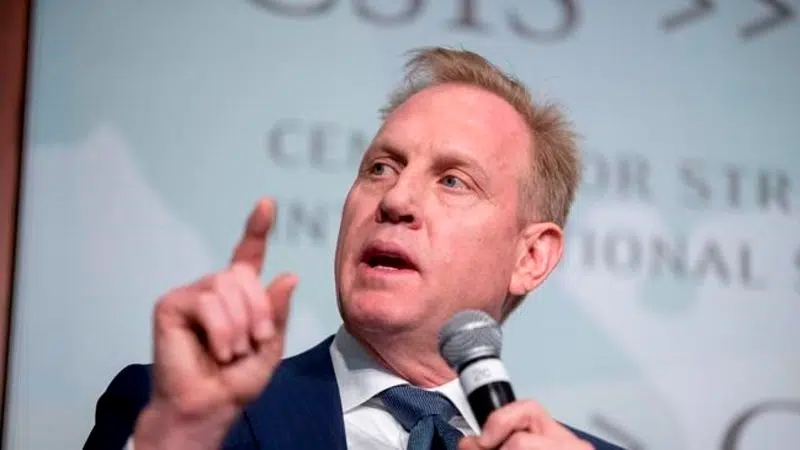
Probe clears acting defence head of alleged bias in Pentagon
WASHINGTON — The Pentagon’s watchdog agency on Thursday cleared Acting Defence Secretary Patrick Shanahan of wrongdoing in connection with allegations that he had used his official position to favour his former employer, Boeing Co.
The decision by the Defence Department inspector general appears to open the door for President Donald Trump to nominate Shanahan to succeed Jim Mattis as defence secretary. The White House, however, has not said whether Trump intends to do so. Shanahan is not thought to face any organized opposition to Senate confirmation, although his career service in the defence industry and limited government experience could be issues.
After Mattis quit last December in protest of Trump’s policies, the president installed Shanahan as acting secretary but did not nominate him. Although he has publicly praised Shanahan’s work, Trump has seemed content letting him remain in limbo, as he has with a number of other Cabinet-level officials and others.


